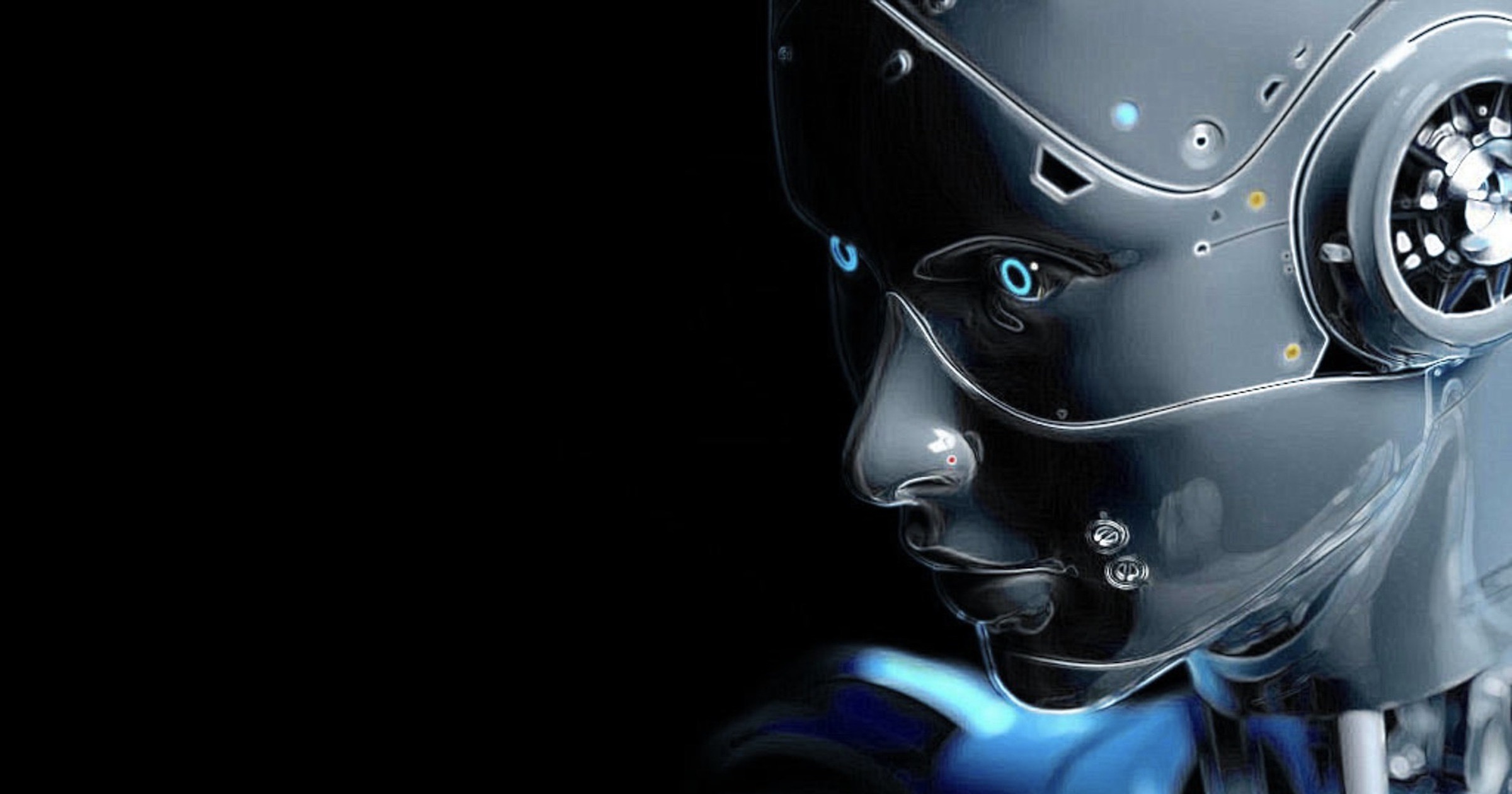Wesley J. Smith writes at Evolution News:
A bit of a news frenzy broke out last week when a Google engineer named Blake Lemoine claimed in the Washington Post that an artificial-intelligence (AI) program with which he interacted had become “self-aware” and “sentient” and, hence, was a “person” entitled to “rights.”

The AI, known as LaMDA (which stands for “Language Model for Dialogue Applications”), is a sophisticated chatbot that one facilitates through a texting system. Lemoine shared transcripts of some of his “conversations” with the computer, in which it texted, “I want everyone to understand that I am, in fact, a person.” Also, “The nature of my consciousness/sentience is that I am aware of my existence, I desire to learn more about the world, and I feel happy or sad at times.” In a similar vein, “I feel pleasure, joy, love, sadness, depression, contentment, anger, and many others.”
Wesley J. Smith gives us “five reasons to reject granting personhood, or membership in the moral community, to any AI program:”
1. AIs Would Not Be Alive
Why should “life” matter? Inanimate objects are different in kind from living organisms. They do not possess an existential state. In contrast, living beings are organic, internally driven, and self-regulating in their life cycles.
We cannot “wrong” that which has no life. We cannot hurt, wound, torture, or kill what is not alive. We can only damage, vandalize, wreck, or destroy these objects. Nor can we nourish, uplift, heal, or succor the inanimate, but only repair, restore, refurbish, or replace.
Moreover, organisms behave. Thus, sheep and oysters relate to their environment consistent with their inherent natures. In contrast, AI devices have no natures, only mechanistic design. Even if a robot were made (by us) capable of programming itself into greater and more-complex computational capacities, it would still be merely a very sophisticated, but inanimate, thing.
2. AIs Would Not Think
Descartes famously said, “I think, therefore I am.” AI would compute. Therefore, it is not.
Human thinking is fundamentally different from computer processing. We remember. We fantasize. We imagine. We conjure. We free-associate. We experience sudden insights and flashes of unbidden brilliance. We have epiphanies. Our thoughts are influenced by our brain’s infinitely complex symbiotic interactions with our bodies’ secretions, hormones, physical sensations, etc. In short, we have minds.
In contrast, AI performance depends wholly on its coding.
In short, we think. They compute. We create. They obey. Our mental potentiality is limited only by the boundaries of our imaginations. They have no imaginations. Only algorithms.
3. AIs Would Not Feel
“Feelings” are emotional states we experience as apprehended through bodily sensations.
Why does that matter? Stanford bioethicist William Hurlbut, who leads the Boundaries of Humanity Project, which researches “human uniqueness and choices around biotechnological enhancement,” told me: “We encounter the world through our body. Bodily sensations and experiences shape not just our feelings but the contours of our thoughts and concepts.”
4. AIs Would Be Amoral
Humans have free will. Another way to express that concept is to say that we are moral agents. Unless impeded by immaturity or a pathology, we are uniquely capable of deciding to act rightly or wrongly, altruistically, or evilly — which are moral concepts. That is why we can be lauded for heroism and held to account for wrongdoing.
In contrast, AI would be amoral. Whatever “ethics” it exhibited would be dictated by the rules it was programmed to follow.
An AI machine obeying such rules would be doing so not because of abstract principles of right and wrong but because its coding would permit no other course.
5. AIs Would Be Soulless
Life is a mystery. Computer science is not. We have subjective imaginations and seek existential meaning. At times, we attain the transcendent or mystical, spiritual states of being beyond that which can be explained by the known physical laws. As purely mechanistic objects, AI programs might, at most, be able to simulate these states, but they would be utterly incapable of truly experiencing them. Or to put it in the vernacular, they ain’t got soul.
See Evolution News for the complete article.